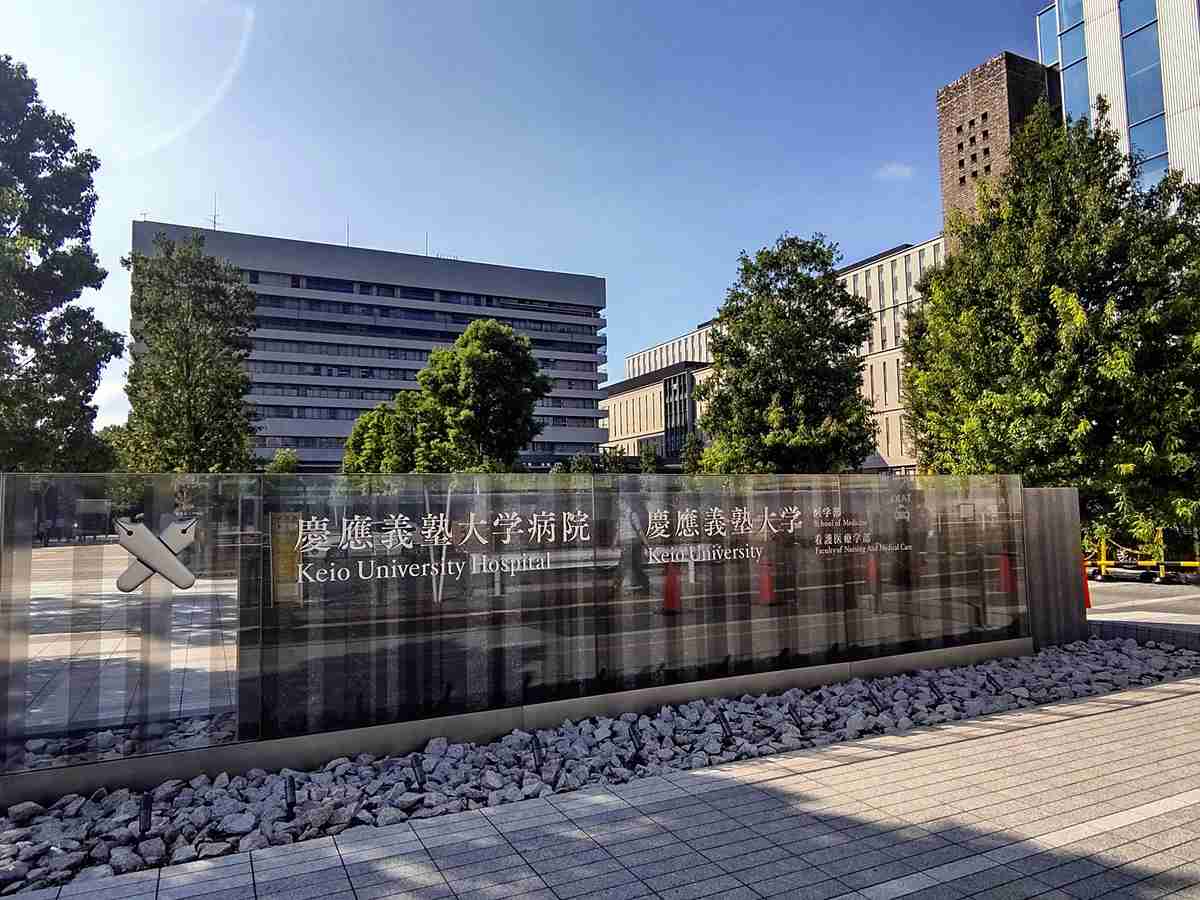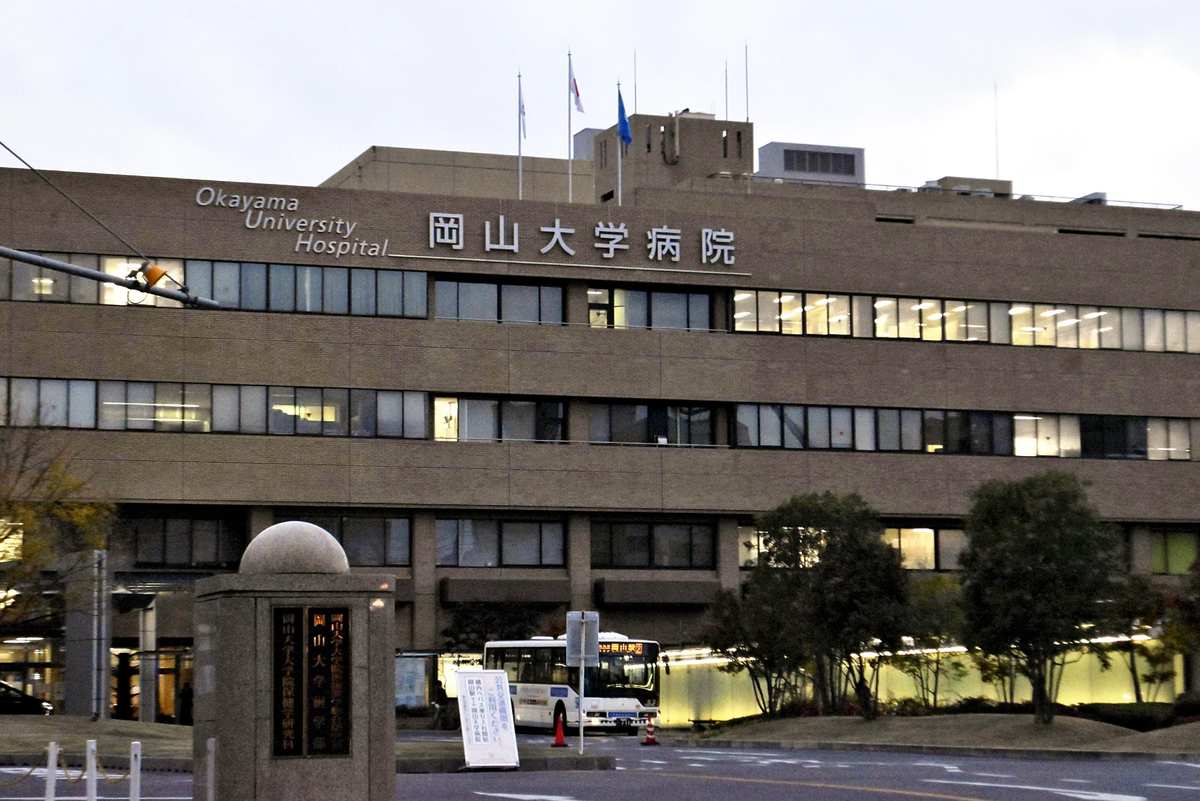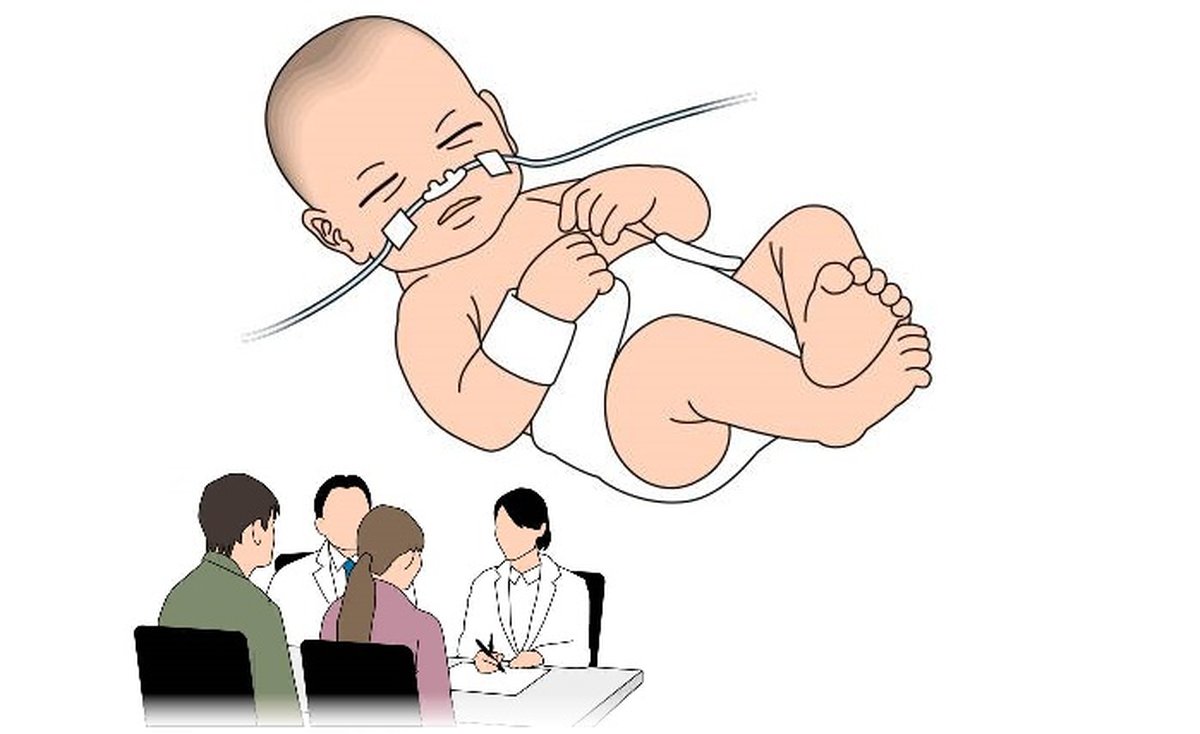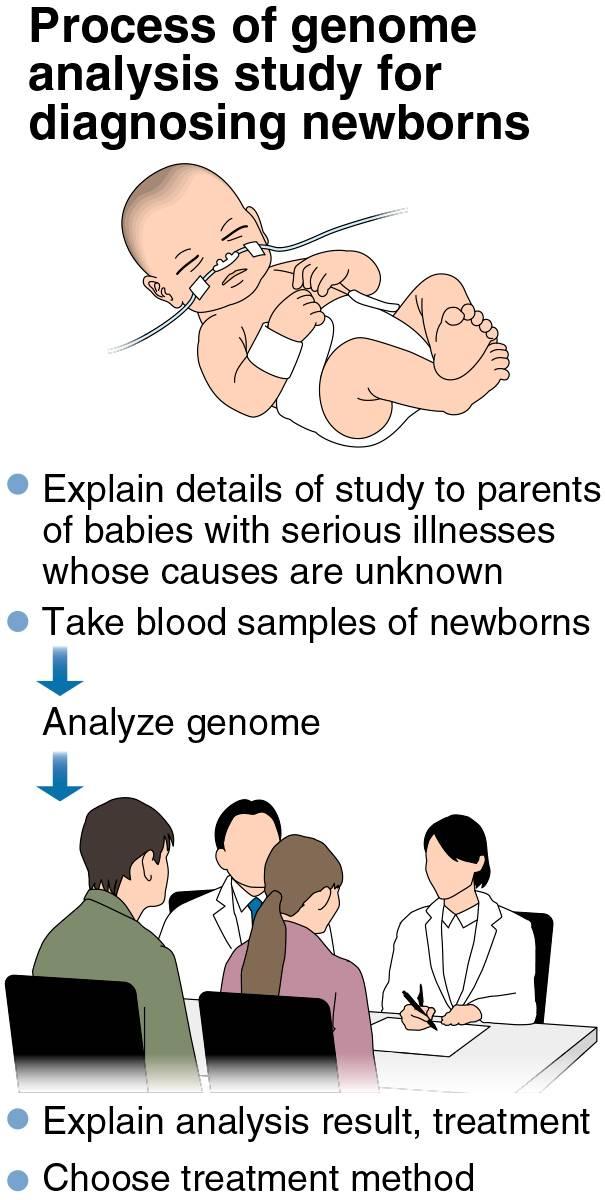
13:17 JST, August 24, 2025
The Japan Agency for Medical Research and Development (AMED) plans to enhance its program for studies of genome analysis to treat newborns who are hospitalized for serious illnesses whose causes are unknown.

Yomiuri Shimbun file photos
Keio University Hospital in Shinjuku Ward, Tokyo, and Okayama University Hospital in Kita Ward, Okayama, participate in an enhanced genome analysis program run by the Japan Agency for Medical Research and Development.
Starting this fiscal year, AMED will increase the number of bases for analyzing diagnoses from one to two, and the agency will expand from two to five the bases where experts have consultations with the families of such babies.
AMED aims for the measures to make it easier for newborns across the country to quickly receive appropriate diagnoses and treatments.
It is believed that about 10% of babies who are placed in neonatal intensive care units (NICUs) suffer from illnesses with unknown causes. Therefore, it has sometimes been difficult for these babies to receive appropriate treatments.
In the study program, small amounts of blood are taken from babies in ways that minimize pain as much as possible. Then, genome patterns of the samples are analyzed in detail to check whether there are genetic mutations that can be the cause of an illness.
Based on the results, doctors in neonatal care departments and other medical staff make diagnoses.
The program started in fiscal 2019 and, as of February 2025, 136 hospitals in 45 prefectures, including Tokyo, participated in it.
By the end of fiscal 2024, 500 babies had been checked and 255, slightly more than half, were diagnosed through the program. In one case, a newborn who was initially thought to be suffering from a liver disease was found to have leukemia.
It takes about a month to complete one genome check. By having genome analysis bases in both eastern and western Japan, AMED aims to speed up the process and prevent data loss in the event of a disaster.
The analysis bases in the program check genome patterns of blood samples that are sent from hospitals nationwide.
Currently, only Keio University Hospital conducts such genome analyses, and AMED plans to add Okayama University Hospital to the program within this fiscal year.
The number of bases for holding consultations with parents — whether speaking before an analysis or explaining a diagnosis — will be increased from two, which are now located at Keio University and Okayama University, to five.
AMED aims to implement the enhanced aspects of the program in fiscal 2026 at the earliest and also establish facilities where parents can receive explanations online.
If a participating hospital has both specialist doctors in a neonatal care department and genetic studies experts, genetic counseling can be offered. However, only half of hospitals across the country have both types of specialists as full-time employees.
If a baby is born in a hospital that does not have specialist doctors, the consultation bases handle the case.
However, arranging times to meet can sometimes be difficult and, in some cases, parents have to travel to the bases from far away.
“By increasing the number of bases, I want to prepare circumstances for smoother diagnoses and treatments,” said Prof. Toshiki Takeuchi of Okayama University, an expert of pediatric neurology who works in the program.


